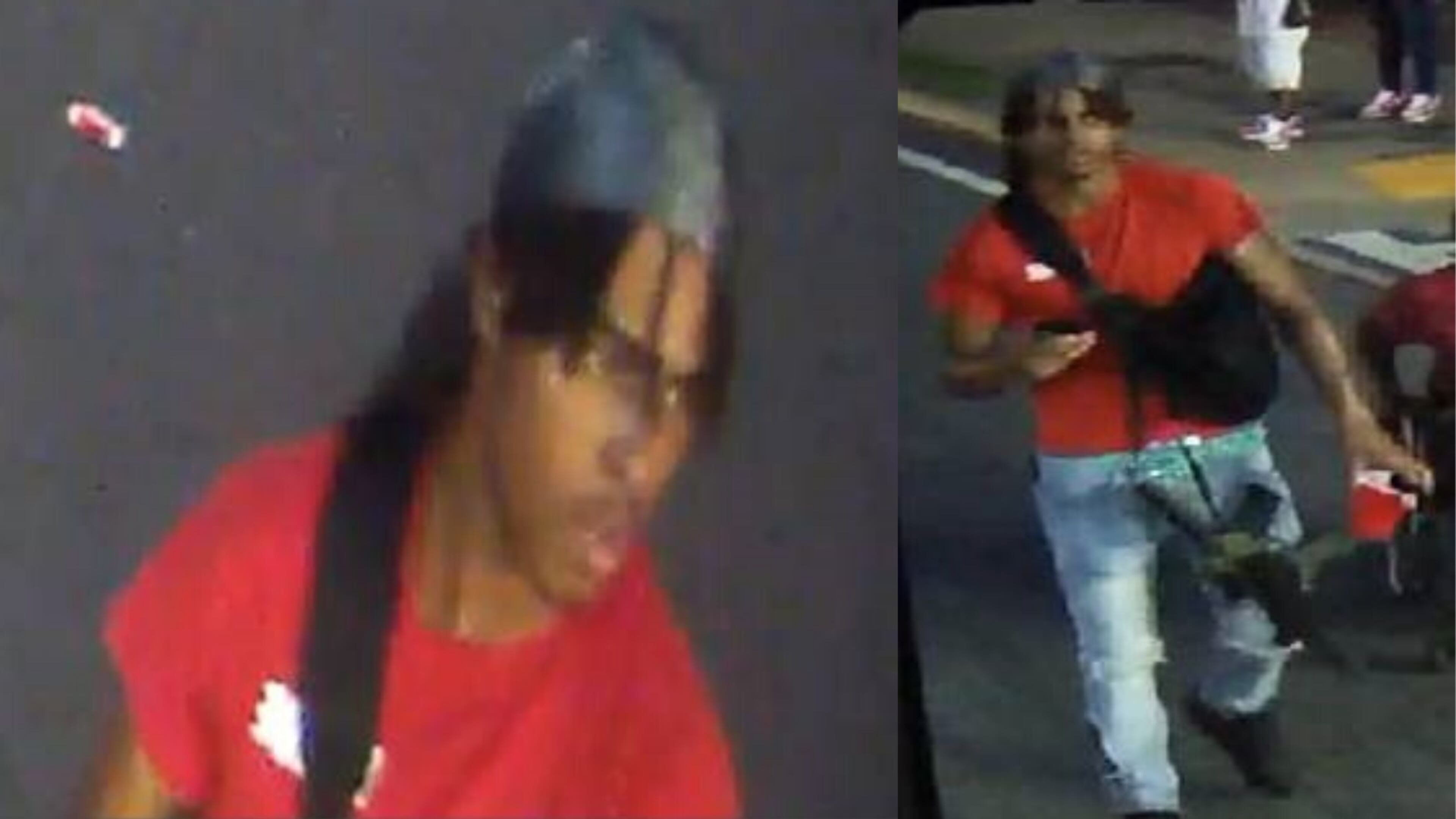Defendant sentenced to life in Secoriea Turner’s shooting

Tensions ran high in a Fulton County courtroom on Friday as the man accused of fatally shooting 8-year-old Secoriea Turner was convicted of murder five years after the child’s killing roiled the city.
Julian Conley, 25, was also convicted of gun, gang and aggravated assault charges in the rising third grader’s death. His defense team acknowledged he was there that evening, but contended he was not the one who killed the child.
Judge Rachelle Carnesale sentenced Conley to life in prison without the possibility of parole, plus an additional 25 years.
Secoriea’s parents, she told him, “are serving a life sentence without their daughter.”
“You didn’t have to know there was a child in the backseat,” she said. “You fired on a car that you knew was carrying human beings.”
Secoriea Turner’s mom could be heard hyperventilating as the verdict was read. A victim’s advocate threw her arm around her as the woman struggled to catch her breath while the jury foreman read the charges aloud.
Charmaine Turner said during the sentencing portion of the hearing that she and her family did nothing to deserve this.
“My baby loved life. She loved her family,” she said of her daughter, who would would have turned 13 in November. “She was always happy, always full of excitement.”
Now, she said, Secoriea will never get to experience prom, middle school or high school graduation.
On the opposite side of the courtroom, Conley’s mother had crossed her arms and pursed her lips as she looked toward her son while the verdict was read.
She asked the judge for leniency, noting that her son had spent five years in the notoriously dangerous Fulton County jail, calling it “our own Guantanamo Bay.”
Her son never meant to kill anyone, Robyn Conley said.
“He was 19 when this happened. He’s 25 now and has a child of his own.”
Some of the jurors who stayed behind for the sentencing could be seen weeping in the jury box.
Secoriea was heading home after a day of July 4 festivities with her family when her mother’s SUV was hit with eight bullets at a makeshift roadblock in south Atlanta, authorities said.

The “autonomous zone” where she was shot was set up at the intersection of Pryor Road and University Avenue, next to the burned-down Wendy’s where Rayshard Brooks had been killed by an Atlanta police officer weeks earlier.
Police and city officials, concerned over the potential for additional violence, decided to abandon the area at night, detectives testified at trial.
Attorneys said most of the people camped out at the site were social justice activists who had come to protest the high-profile killings of Black people. That included the deaths of Ahmaud Arbery, George Floyd and Brooks, who was shot by police in the fast food parking lot.
But prosecutors said on the evening of July 4, 2020, the area was taken over by a subset of the Bloods gang, including Conley, who they said was determined to “terrorize people in the community.”
Prosecutors said Conley wore a “distinctive red shirt” that night, along with skinny blue jeans, a satchel and a rifle. They were characteristics that made him easy to track on the surveillance video collected from nearby businesses, prosecutor Adam Abbate said.
He said pointing out the defendant in the crowd was like finding “Waldo” in the children’s picture books.
“Once you find him ... you never lose him,” Abbate told the jury, showing different surveillance angles in which he said he could see the defendant’s bright red shirt.

Conley, he said, had “no regard for human life” when he opened fired at the Jeep as it went around the barricades.
“Secoriea’s gone. She’s not coming back,” he said.
Conley’s attorney, Arnold Ragas, said several witnesses, including Secoriea’s mom, initially told police there were multiple shooters dressed in black.
He acknowledged that his client was a gang member but denied that Conley fired the shot that killed Secoriea. Ragas also repeatedly called the lead detective a liar and put the blame on city officials and the police for ceding control of the area ahead of Secoriea’s shooting.

“The city abandoned them,” Ragas said. “It’s a failure on so many levels.”
Prosecutors also acknowledged there were multiple gunmen who opened fire that night. But Conley, who eventually turned himself in and even held a press conference declaring his innocence, was the only one identified by detectives.
Authorities said he cut his hair, changed his clothes and got rid of the rifle, but prosecutors said he didn’t know at the time that the little girl’s shooting had been captured on video.
More Stories
The Latest



